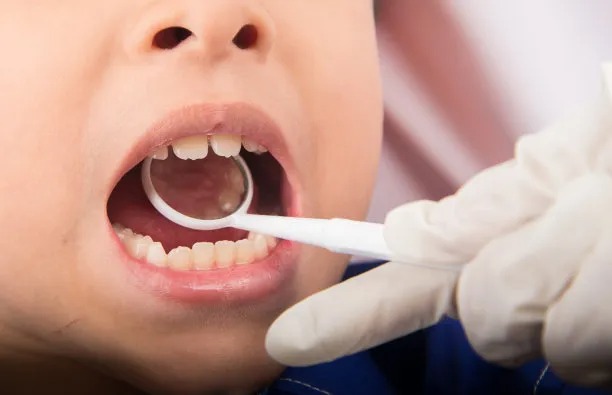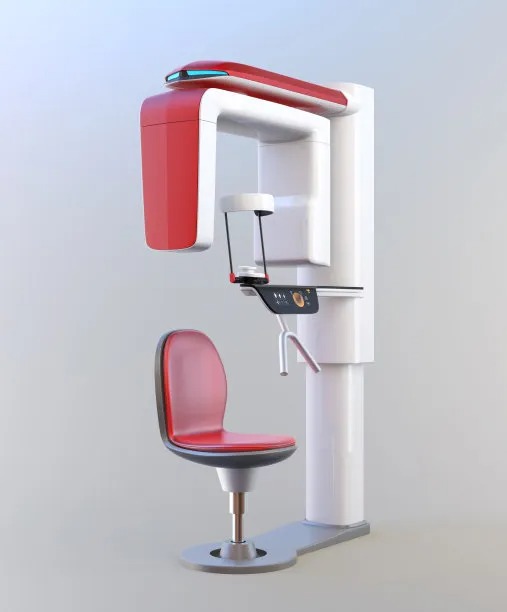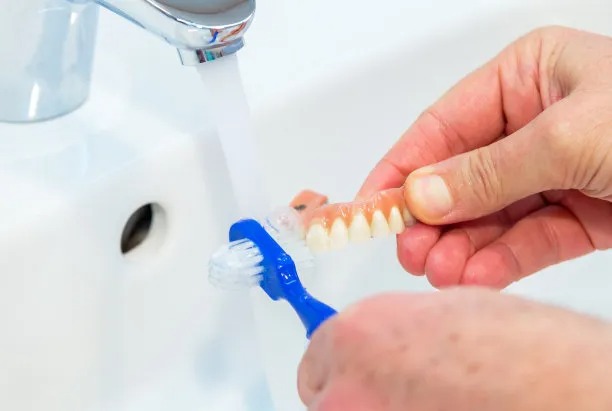Summary: Dental implants have emerged as a revolutionary solution in modern dentistry, redefining tooth replacement methods and significantly enhancing patient confidence and quality of life. This article delves into the crucial aspects of dental implants, from their technological advancements and the surgical process to their benefits and maintenance requirements. By exploring these elements, we aim to provide a comprehensive understanding of how dental implants can transform smiles and restore self-esteem, making them a preferred choice for those seeking lasting dental solutions.
1. Technological Advancements in Dental Implants

The field of dentistry has witnessed remarkable advancements in the technology surrounding dental implants. From the introduction of biocompatible materials to sophisticated imaging techniques, modern implants are designed for optimal compatibility with the human body. The use of titanium in implant manufacturing has largely contributed to their durability and the body’s acceptance of the implant, reducing the chances of rejection.
Moreover, innovations such as 3D imaging and computer-aided design (CAD) enable precise planning and placement of implants. These technologies allow dentists to create a customized treatment plan tailored to the patient’s unique anatomy. This level of precision has drastically improved the success rates of dental implant procedures, providing both patients and practitioners with greater confidence.
Additionally, advancements in techniques like guided implant surgery further enhance the accuracy of the placement process. Minimally invasive methods reduce recovery time and discomfort for patients, leading to a seamless transition into life with dental implants. Overall, the evolution of technology in dental implants paves the way for more effective and reliable solutions in tooth replacement.
2. The Surgical Process Explained
The surgical process for dental implants involves several critical steps, starting with a comprehensive assessment by the dentist. This initial evaluation includes X-rays and possible 3D scans to determine bone density and the ideal implant placement. Based on this information, a detailed treatment plan is crafted, addressing any preparatory procedures, such as bone grafting, if necessary.
Once the groundwork is laid, the surgical placement of the implant can commence. During the procedure, the dentist inserts the titanium implant into the jawbone, a process that typically takes about one to two hours. Patients are often given local anesthesia or sedation to ensure comfort throughout the surgery.
After the implants are placed, a crucial healing period, known as osseointegration, takes place. This phase lasts several months and involves the bone fusing with the implant, creating a solid foundation for the artificial tooth. Once the healing is complete, the final steps of placing the abutment and crown can be performed, resulting in a fully restored smile.
3. Benefits of Choosing Dental Implants
Dental implants offer a multitude of benefits that extend beyond aesthetic enhancements. First and foremost, they provide a permanent solution to tooth loss, eliminating concerns associated with removable dentures, such as slippage and the need for adhesives. This permanence leads to greater peace of mind when eating or speaking, thus boosting overall confidence.
Furthermore, dental implants contribute to better oral health. They stimulate the jawbone, preventing bone loss that typically occurs when a tooth is lost. This stimulation not only strengthens the jawbone but also helps maintain facial structure, preventing the sagging appearance that can accompany tooth loss.
Another significant advantage of dental implants is their ease of maintenance. Unlike natural teeth that require regular flossing and brushing, implants require minimal care—regular brushing and flossing are usually sufficient. This simplicity makes implants a desirable option for individuals seeking durable and hassle-free dental solutions.
4. Maintenance and Longevity of Implants
Maintaining dental implants is crucial for their longevity and ongoing success. Regular dental check-ups are essential, as they allow professionals to monitor the health of the gums and the integrity of the implant. Practicing good oral hygiene is also vital; brushing and flossing daily helps prevent peri-implant disease, which can jeopardize the longevity of the implant.
Additionally, lifestyle choices play a role in maintaining the health of dental implants. Avoiding tobacco products and excessive alcohol consumption can greatly enhance the lifespan of implants. A balanced diet rich in nutrients also supports oral health, promoting healing and preventing complications.
Overall, with proper maintenance, dental implants can last many years, often upwards of 10 to 15 years or more. Being proactive about care can ensure a successful and enduring smile transformation, allowing individuals to enjoy life without the worries associated with missing teeth.
Summary:
In summary, dental implants stand out as a groundbreaking solution for tooth replacement, offering technological advantages, a well-structured surgical process, numerous benefits, and easy maintenance. These key components together create a comprehensive understanding of why dental implants are celebrated in modern dentistry. With lasting confidence in their smiles, patients can embrace life to the fullest.
This article is compiled by Vickong Dental and the content is for reference only.
Vickong Dental
Vickong Dental is a large medical group established in Hong Kong in 2008 by professors from well-known medical universities in Guangdong and Hong Kong, as well as medical doctors from key national '985' universities (including Master's supervisors and senior professors). The chain of branches brings together expert dentists with PhDs and Master's degrees from Hong Kong and Mainland China, committed to providing high-quality dental treatment.
"Vickong Dental Practices the University Motto of 'Healing and Serving Society,' with a Stable Operation for Sixteen Years. It Has Been honored with Hong Kong Enterprise Leaders's Choice,' and is a Global Trusted Implant Center for the Nobel Implant System. Recommended by Hong Kong Metro Broadcast and Guangdong Television, it Serves Customers from Over Thirty Countries and Regions, Gaining the Trust and Favor of Citizens from the Guangdong-Hong Kong-Macau Greater Bay Area and Surrounding Cities.

Thousands of customers' unanimous praise
The most recognized and highly recommended dental service by customers in the Guangdong-Hong Kong-Macau Greater Bay Area
We Ensure You Receive Detailed Care and Attention Here
Hong Kong standards, Shenzhen prices, Your Trusted English-speaking dentists

Vickong Dental Medical-Grade Instrument Disinfection Process
Vickong Dental Medical-Grade Instrument Disinfection Process

Vickong Dental Chain: A Warm and Comfortable Environment for Treatment






Appointment Hours

Q&A
Why choose Vickong Dental?
Vickong Dental practices the university motto 「Medicine to Benefit Society」, with each branch bringing together highly qualified dentists with doctoral and master’s degrees from Hong Kong and the Mainland, and has maintained seventeen years of steady operation。Recipient of 「2024 Hong Kong Enterprise Leaders Brand」, 「2025 Hong Kong Enterprise Leaders Brand」, a Nobel Biocare Global Trusted Implant Center, and a brand recommended by Metro Radio Hong Kong and Guangdong TV。
To date, we have served customers from more than thirty countries and regions,earning exceptionally high word-of-mouth recognition and trusted recommendations from residents across the Guangdong-Hong Kong-Macao Greater Bay Area and surrounding cities
We have eight major branches in Zhuhai、Shenzhen,and a consultation and service assurance center in Hong Kong,so you can book a free consultation at any time for any questions,which is very reassuring.
If I do not accept the quotation after the CT scan, will I be charged??
No! As long as the actual treatment has not started, you will not be charged any fees.
Will there be any additional charges during the treatment process?
No, there won’t be any additional charges. Before treatment begins, we will clearly explain the treatment plan and its corresponding fees. Only after the patient agrees and signs the consent form will we proceed with the dental service.
Can I pay in Hong Kong dollars?
Yes. Vickong Dental accepts payment in Hong Kong dollars. The amount will be converted based on the exchange rate of the day, and the applicable rate will be clearly communicated to you in advance.
Can I reschedule my appointment at any time?
Yes. Please contact us via **WeChat** or **WhatsApp** as early as possible, providing your original appointment time and details, along with your preferred new date and time slot for rescheduling.













